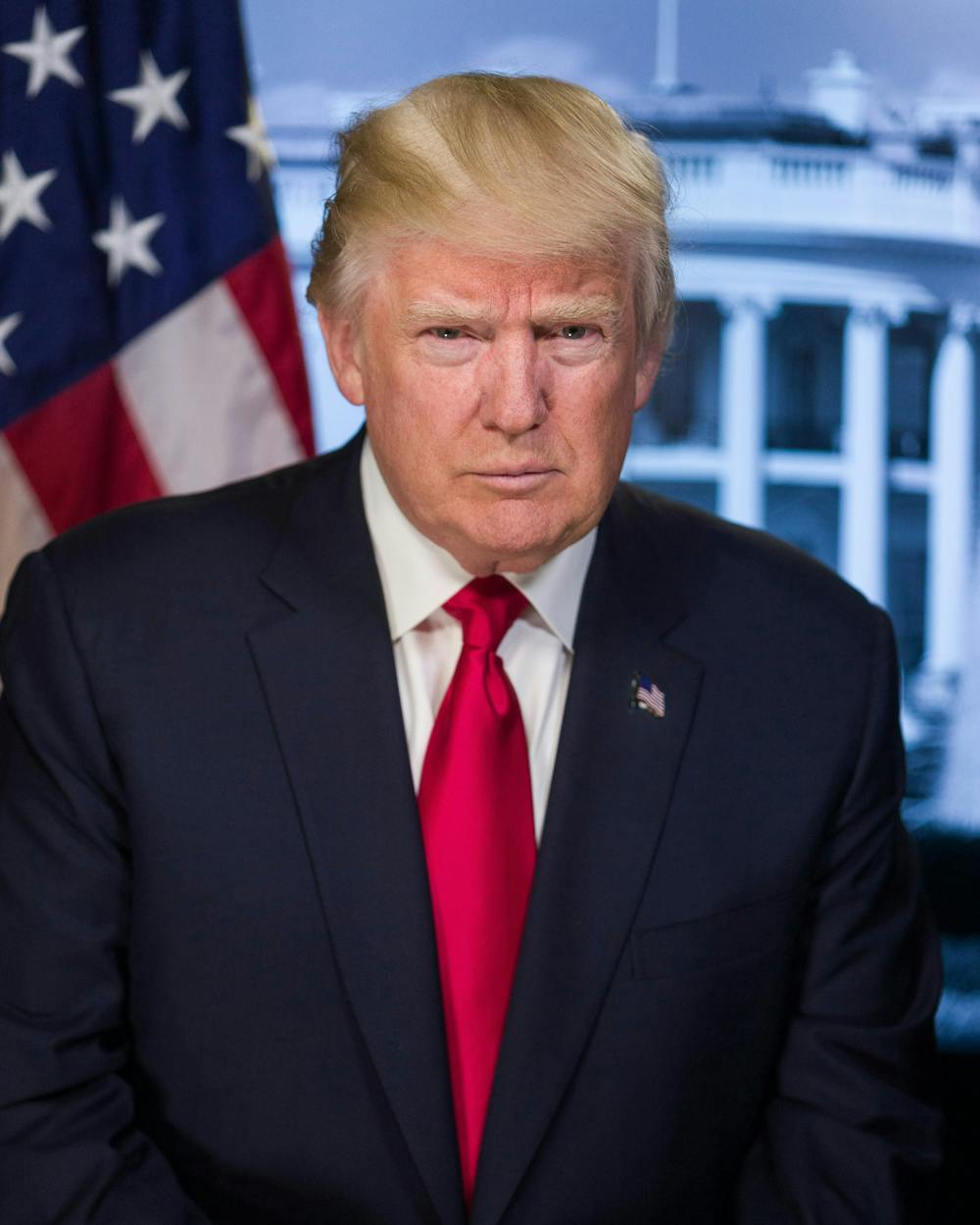Heading into the 2024 presidential election in November, candidate and former president Donald Trump must choose a running mate. He will likely make a selection at or before the Republican National Convention, which begins July 15.
Not only will Trump decide who would run the nation in the event of his death, resignation or impeachment, but the vice presidential nominee can also increase or decrease voter support. For instance, current President Joe Biden’s choice to nominate Kamala Harris gained him support from democratic voters, Black voters and voters under the age of 35, according to a 2020 Politico study.
Trump’s previous vice president, Mike Pence, officially stated he will not endorse Trump nor join him on the ballot in 2024, as reported by AP.
There is still some uncertainty about who Trump’s choice will be, but Forbes and BBC agree on some candidates, including Marco Rubio, Tim Scott, Elise Stefanik and J.D. Vance.
To analyze who may be best for Trump’s election chances, which candidate will most likely be chosen and what that choice may mean for constituents, we’ll examine the options.
Marco Rubio
Marco Rubio is a current Republican senator for Florida. He is in his third consecutive term since 2011. If Rubio were to receive the vice presidential nomination, he would be the first Latino individual on a major party presidential ballot.
As the son of working-class Cuban immigrants, Rubio’s background could appeal to Hispanic voters: a group that Trump alienated in the 2016 election, but has shifted to the right in the last eight years, according to NBC.
Rubio has historically been an opponent of same-sex marriage and access to abortion, according to the Human Rights Campaign, falling along common Republican Party lines and talking points.
His policy on immigration, however, has been inconsistent — at times being comparatively lenient and at others strict. In 2015, amidst the Syrian civil war, he opposed allowing Syrian refugees into the United States, citing an inability to perform background checks, according to the Guardian.
In 2013, Rubio co-authored the Border Security, Economic Opportunity and Immigration Modernization Act, which sought to pave a path to legal immigration and citizenship. However, he later went on to oppose the bill in the House of Representatives after it passed in the Senate.
Tim Scott
Get content from The Daily Lobo delivered to your inbox
Tim Scott is a Republican senator for South Carolina, appointed in 2013. He had previously served as a House representative. As one of the most prominent Black politicians, his endorsement has the potential to bring in Black voters, another group Trump has been historically unpopular with.
Scott has been an open and affectionate supporter of Trump, saying to Trump “I just love you,” after Trump won the New Hampshire primary. Trump loves people who love him. As such, Scott is one of the most likely choices. BBC cited him as a top contender.
Scott’s policies, according to his website, are anti-abortion and in strong support of “traditional conservative values.”
Elise Stefanik
Elise Stefanik is a Republican senator for New York’s 21st district, first elected in 2014. She could help Trump regain the trust of female voters, a group that Trump has previously been unpopular with due to past misogynistic remarks.
Trump has also been accused of sexual misconduct by 26 women, and in 2023 was found liable for sexual abuse against E. Jean Carroll.
Stefanik could, however, alienate male Trump supporters who believe in strict gender roles. A study in the journal American Political Science Review revealed that Republican voters tended to prefer “masculine” candidates and were less likely to support candidates viewed as “feminine” — even men deemed feminine.
Stefanik is anti-abortion, signaling her support for a 15-week ban in 2023. She has always been an ally to Trump, supporting him during his attempts to overturn the 2020 election and even accusing former Speaker of the House Nancy Pelosi of orchestrating the Jan. 6, 2021 insurrection at the U.S. Capitol.
J.D. Vance
Ohio Senator J.D. Vance has many superficial similarities to Trump that serve as both potential benefits and detractions to his value as vice president. Both are white men with Ivy League educations; both have histories in and ties to big business.
Vance was once a member of the Never Trump movement, but around the time he ran for Senate, became one of the former president’s most avid supporters and received Trump’s endorsement, according to NBC4i.
Despite this, Vance is a relatively inoffensive candidate – while he might not draw support from any new voter groups, he won’t isolate any of the more radical far-right Trump supporters, as Stefanik may.
Vance has had a very short career in federal politics thus far. As such, his voting and authoring history is limited. He was a senator during the train derailment in East Palestine, Ohio, and drew criticism for what some felt was a mismanaged response.
Each of Trump’s VP choices come with risks for both his campaign and constituents. Many have the potential to appeal to marginalized voters, but have policies that could harm those very communities, such as anti-abortion and anti-immigration stances. The 2024 election is shaping up to be a close race, like its predecessors in 2016 and 2020, and Trump’s vice presidential selection could have a significant influence.
Addison Fulton is a freelance reporter for the Daily Lobo. She can be reached at culture@dailylobo.com






